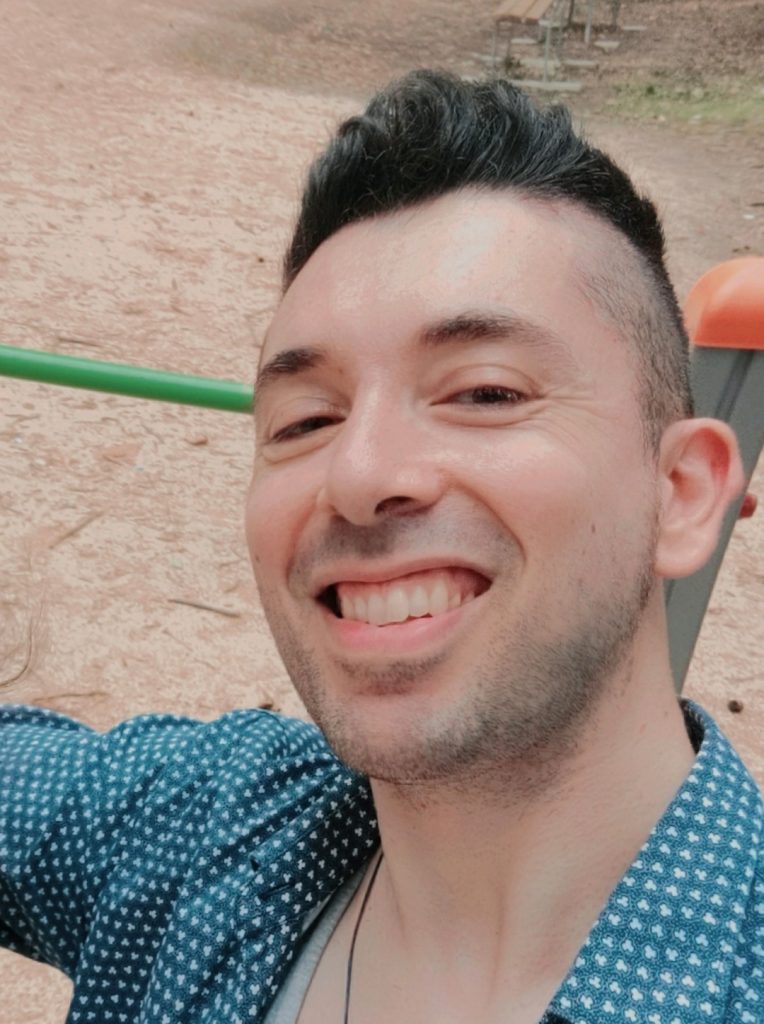
The granaries were lit
In accordance with night-time tradition,
the granaries were lit
in unison to forge
an awakening of honey,
and there we were on our knees:
punctual in thought,
with the body in horizontal delay.
Tongue, huge tongue,
angular and yellow,
flaming pagan tongue
speaking the abstract language of colour,
thundering to the ice dormitories of the mind,
tongue as still as the extinguished rifle
which, uttering a sound
delivers to dictionaries “flock”,
a winged soup of living swallows
which only a short while before was freezing in the nests.
But wanting to improvise the day
in the middle of the night,
sacrilegious anticipators
in the tradition of every sleep,
we were woken by a false mechanical god
each in his bed,
sweaty and expelled from the dreamy hut,
unworthy of the Halakhah and therefore branded
with tufts of wheat entangled in our pyjamas,
waking up,
rolling on cliffs of pillows,
falling on mattresses of icy water,
foaming with desire for the light
coming, coming in carousels of neon,
pale at first, sanguine later,
fading sleep in ridges,
in the chorale of dissenting senses.
In awakening,
head swooping to the ceiling,
tufts of wheat between his fingers.
The copper tree builder
He roamed at night
in the narrow hollows of the streets,
twisting through the fires his crackling hands.
From here his industrious crime moved
into railway stations:
He would steal copper from the depots.
Filiform foxes accompanied him,
at night, swinging on his back.
At the window,
I would watch him and learn
to know how to run in the dark
like swimming,
on asphalt that before my eyes
does not exist.
In this way I learnt
to know how to cook a thought à la cocque
that perhaps exists and shines,
white and orange –
when light has no other role
than to distribute arms,
legs, nerves, fingers and hands,
under a face.
But under the occipital river
when there is total darkness,
he insists, he works.
And here is the branch,
and the flower sprouts,
and he twists that tip on his finger.
I watched it weave
the bloody texture of the roots,
and make them converge in the centre,
inside the trunk,
then vanish again into branches:
the wind sniffs, approves and escapes
returning to the sky,
and then comes the light.
And here is the branch,
and behold, the flower sprouts,
and at that tip, along with the copper,
he twists me.
Mauro De Candia was born in Italy. He studied Modern Literature at the University of Bari. He lives in Lombardy where he works as a teacher of Literature.
In 2018, he made his debut on the literary scene with the syllogue ‘Le stanze dentro’ for Edizioni Ensemble, a book that was runner-up in the 2019 Nabokov Prize and a finalist in the 2020 Carver Prize. In 2021 he published, again for Edizioni Ensemble, a second syllogue entitled ‘Sundara’, which was awarded second place in the Nabokov Prize 2021, with live television broadcast.
A third book is ready to be published in 2023.
